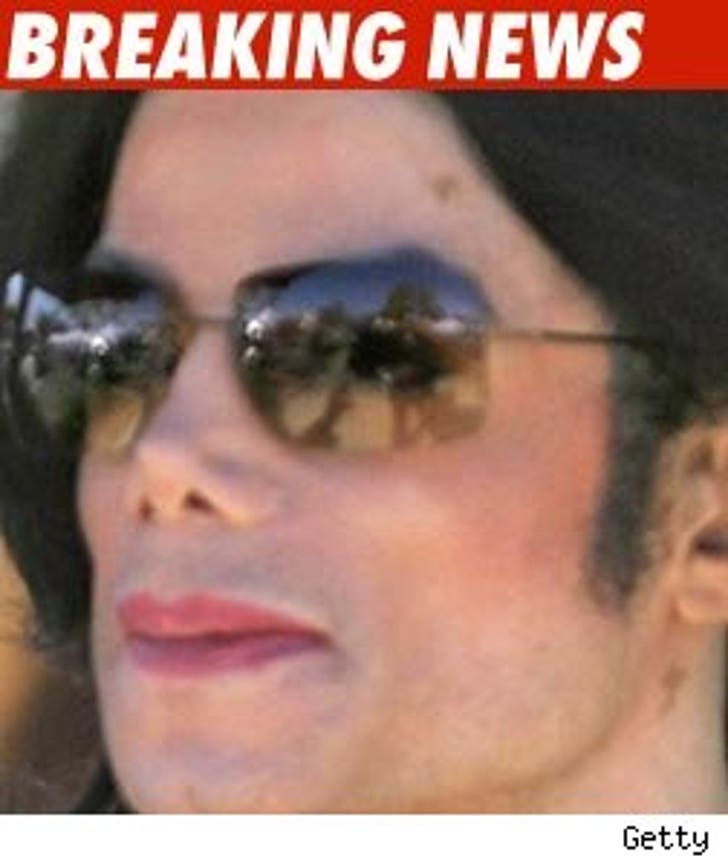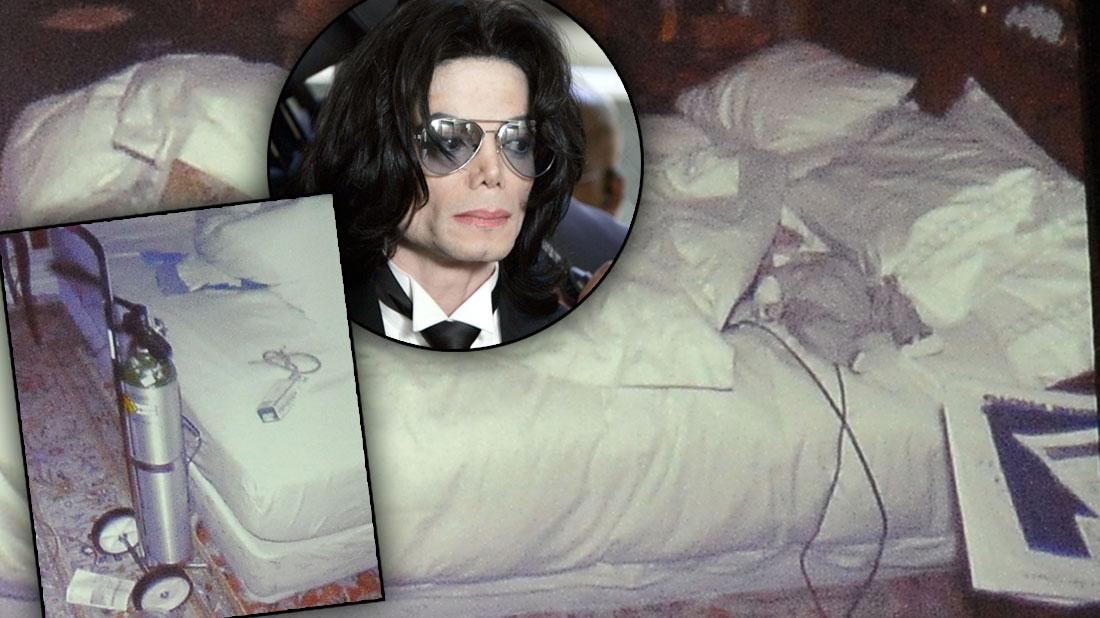Michael Jackson's death remains one of the most shocking events in music history. The sudden passing of the King of Pop left the world reeling, and the autopsy report became a focal point for understanding the circumstances surrounding his demise. This article delves deep into the Michael Jackson autopsy, uncovering the details that have shaped public perception and legal proceedings.
The autopsy of Michael Jackson was not just a medical procedure; it became a global spectacle that captivated millions. Fans and media alike sought answers about the mysterious circumstances that led to the untimely death of one of the most iconic figures in music history. This article aims to shed light on the autopsy findings, the controversies, and the impact on the legacy of the King of Pop.
As we explore the Michael Jackson autopsy report, we will address the key findings, the role of Dr. Conrad Murray, and the subsequent legal proceedings. Through a comprehensive analysis of the events, we aim to provide clarity and understanding for those who remain curious about the details surrounding this tragic event.
Read also:Nkotb Concert Tickets Your Ultimate Guide To Secure The Best Seats
Biography of Michael Jackson
Early Life and Career
Before delving into the autopsy details, it's essential to understand the life and legacy of Michael Jackson. Born on August 29, 1958, in Gary, Indiana, Michael Joseph Jackson was the seventh of nine children in the Jackson family. His early exposure to music began at home, with his father, Joseph Jackson, leading the family band, The Jackson 5.
Michael's prodigious talent was evident from a young age, and he quickly became the star of the group. By the age of 11, The Jackson 5 had signed with Motown Records, and Michael's solo career began to take shape. His 1979 album "Off the Wall" marked the beginning of a legendary career that would redefine pop music.
Below is a summary of Michael Jackson's key biographical details:
| Full Name | Michael Joseph Jackson |
|---|---|
| Date of Birth | August 29, 1958 |
| Place of Birth | Gary, Indiana, USA |
| Occupation | Singer, Songwriter, Dancer |
| Years Active | 1964–2009 |
The Circumstances Surrounding Michael Jackson's Death
June 25, 2009: A Day That Shook the World
On June 25, 2009, Michael Jackson was found unresponsive at his Los Angeles home. The events leading up to his death have been the subject of intense scrutiny, with numerous questions about the role of Dr. Conrad Murray, Jackson's personal physician at the time. According to reports, Jackson had been struggling with insomnia and was administered a powerful sedative, propofol, in an attempt to help him sleep.
The use of propofol outside of a clinical setting was highly irregular and raised significant concerns about medical ethics and safety. The circumstances surrounding Jackson's death were alarming, and the autopsy would play a crucial role in determining the cause of death.
Michael Jackson Autopsy: Key Findings
The Autopsy Report
The Michael Jackson autopsy was conducted by the Los Angeles County Coroner's Office. The report revealed that the cause of death was acute propofol intoxication, with additional sedatives contributing to the fatal outcome. The autopsy findings were instrumental in shaping the subsequent legal proceedings against Dr. Conrad Murray.
Read also:Judge Judy Justice Cast Exploring The Iconic Legal Show And Its Stars
Key points from the autopsy include:
- Propofol was found in Jackson's system at lethal levels.
- Other sedatives, including lorazepam and midazolam, were also detected.
- There were no signs of trauma or foul play.
- The autopsy classified the death as a homicide due to the improper administration of medication.
The Role of Dr. Conrad Murray
The Controversial Physician
Dr. Conrad Murray, Jackson's personal physician, became the central figure in the investigation following the singer's death. The autopsy findings pointed to Murray's administration of propofol as the primary cause of Jackson's demise. Murray had been administering the drug nightly to help Jackson sleep, despite its intended use as an anesthetic in clinical settings.
Murray's actions were deemed reckless and negligent, leading to his conviction for involuntary manslaughter in 2011. The trial revealed a pattern of improper medical practices, including the use of unapproved medications and a lack of proper monitoring during treatment.
Legal Proceedings and Aftermath
The Trial of Dr. Conrad Murray
The trial of Dr. Conrad Murray was a highly publicized event, with millions following the proceedings as evidence was presented regarding Michael Jackson's death. The prosecution argued that Murray's actions were grossly negligent and directly responsible for Jackson's passing. The defense, on the other hand, claimed that Jackson had self-administered the fatal dose of propofol.
In November 2011, Dr. Conrad Murray was found guilty of involuntary manslaughter and sentenced to four years in prison. The verdict was seen as a vindication for Jackson's family and fans, who had long suspected that Murray's actions were the primary cause of the singer's death.
Impact on Michael Jackson's Legacy
A Lasting Legacy
Despite the tragic circumstances surrounding his death, Michael Jackson's legacy as the King of Pop remains undiminished. The Michael Jackson autopsy findings, while shocking, have not overshadowed his contributions to music, dance, and philanthropy. Albums such as "Thriller," "Bad," and "Dangerous" continue to inspire new generations of fans.
Michael Jackson's influence extends beyond music, as he was a pioneer in the use of music videos as an art form and a advocate for social causes. His impact on popular culture is undeniable, and his legacy continues to thrive through his music and the enduring memories of his performances.
Public Reaction and Fan Response
Grieving a Global Icon
The death of Michael Jackson sent shockwaves around the world, with fans and celebrities alike expressing their grief and disbelief. The Michael Jackson autopsy report brought some closure to those seeking answers, but it also raised questions about the pressures faced by celebrities and the responsibilities of those entrusted with their care.
Fans organized memorials and tributes in cities across the globe, honoring the life and career of the King of Pop. The outpouring of support demonstrated the profound impact Jackson had on his fans and the broader music community.
Lessons Learned from the Michael Jackson Autopsy
Medical Ethics and Accountability
The Michael Jackson autopsy and the subsequent legal proceedings highlighted the importance of medical ethics and accountability. The case served as a wake-up call for the medical community, emphasizing the need for strict adherence to professional standards and patient safety protocols.
For fans and the public, the case underscored the dangers of substance misuse and the pressures faced by high-profile individuals. It also raised awareness about the importance of mental health and the need for proper support systems for those in the public eye.
Conclusion
The Michael Jackson autopsy remains a pivotal moment in the investigation of the King of Pop's death. The findings revealed the tragic circumstances surrounding his passing and led to significant legal consequences for Dr. Conrad Murray. Despite the challenges faced during his life, Michael Jackson's legacy as a musical icon endures, inspiring countless fans and artists worldwide.
We invite you to share your thoughts and reflections on this article in the comments section below. For more insights into the life and career of Michael Jackson, explore our other articles dedicated to his incredible journey. Together, let's honor the legacy of the King of Pop and the profound impact he had on the world of music and beyond.
Table of Contents
- Biography of Michael Jackson
- The Circumstances Surrounding Michael Jackson's Death
- Michael Jackson Autopsy: Key Findings
- The Role of Dr. Conrad Murray
- Legal Proceedings and Aftermath
- Impact on Michael Jackson's Legacy
- Public Reaction and Fan Response
- Lessons Learned from the Michael Jackson Autopsy
- Medical Ethics and Accountability
- Conclusion


